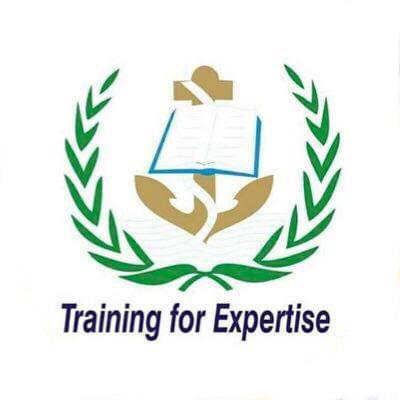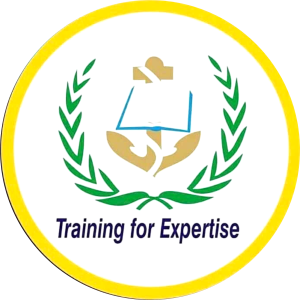The school is designed to become recognised as a top business school, producing graduates equipped to face today's challenges and realities.Its main objective is to provide technical and practical training, and through producing self-sufficient people, it will contribute to the growth of the nation.

A large part of maritime traffic supervision and management is ship management, which comprises ship registration and management, ship entry and exit visas, management of foreign vessels, ship maintenance management, and technical ship management. Stronger emphasis is placed on maritime logistics, shipping, safety, and port operations, among other things, in the logistics and supply chain project "Shipping/Port Management".

The programme aims to generate resourceful, well-trained, and highly qualified security people for Nigeria's corporate and public sectors. The course provides a plethora of chances. After successfully completing the course, the student will be in a position to: • Show an adequate degree of comprehension of the security industry, quality, ethical behaviour, and security officer obligations. • competently use electronic security tools and systems. • Encourage safety and health in society. • focus on one area of security activity. • Manage and resolve conflict. • Patrol, access control, and search investigations are carried out expertly.

The degree's objective is to educate students with the theoretical knowledge and practical skills they need to design, plan, manage, operate, and maintain maritime engineering systems and equipment that is suitable for cutting-edge technology. Corporate security, marine security, digital security, canine security, and national security are all included in the broad category of security management and technology. If the student completes successfully, they will be qualified for: • Determine and select basic hand tools for activities requiring maritime engineering. • Create and comprehend marine engineering diagrams. • study and apply the fundamentals of entrepreneurship. • Encourage the capacity to address certain technological design problems. • Establish simple maintenance routines.

